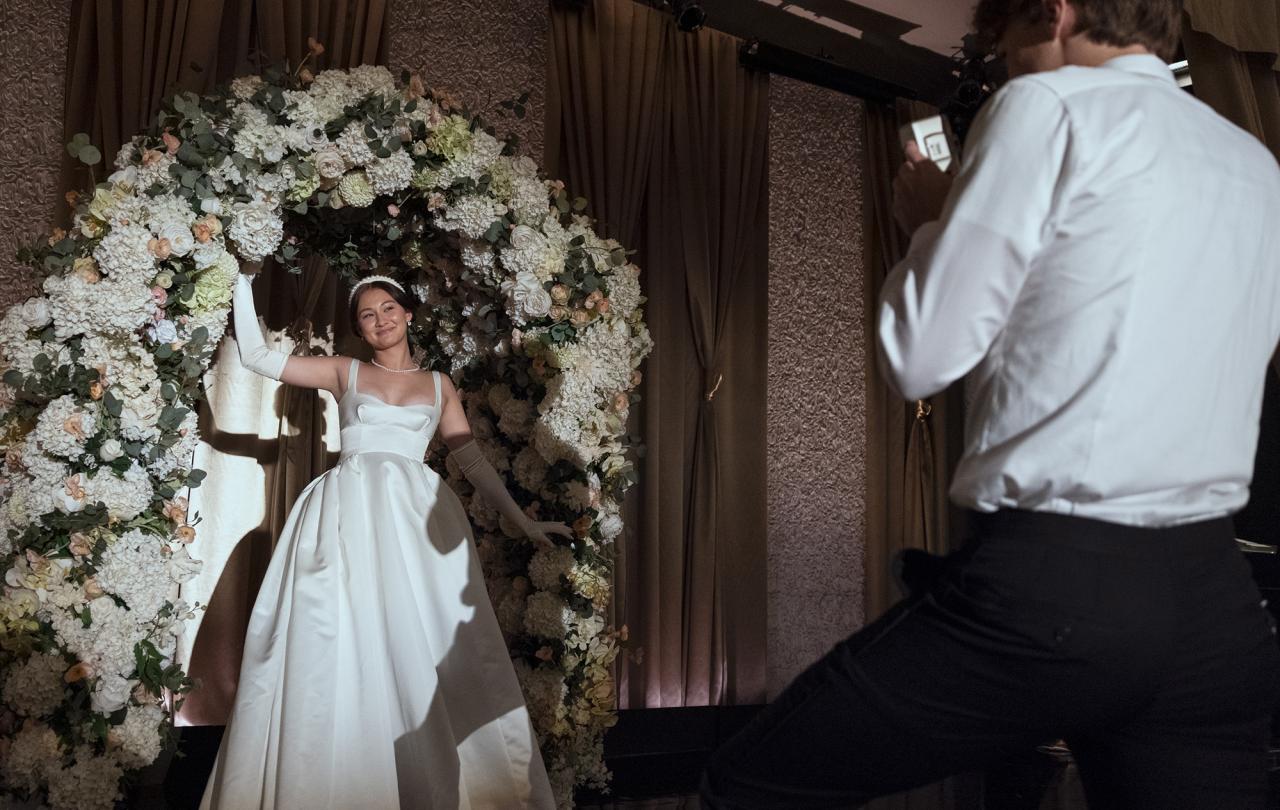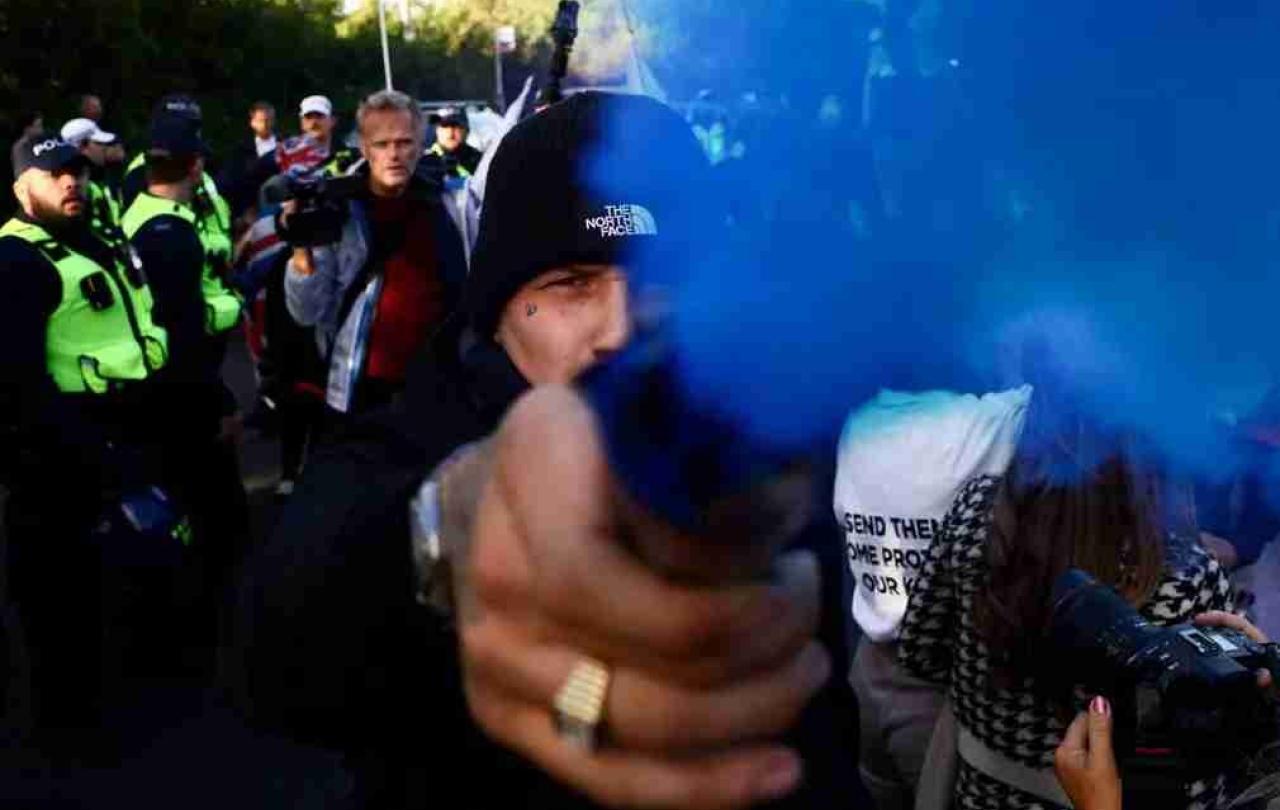
Listen now
About this episode
This week -, Graham Tomlin suggests we have much to learn about nuanced cultural debate from the writers of the Nicene Creed; Henna Cundill agrees as she explores how helpful studying theology is for encouraging compassionate, engaged debate in all spheres of life; Belle Tindall takes a deep dive into humanity's propensity for romance and marriage.
Support Seen & Unseen
Since Spring 2023, thousands of people have enjoyed hundreds of podcast episodes and over 1,500 articles.
All for free.
This is made possible through the generosity of our amazing community of supporters.
If you enjoy Seen & Unseen Aloud, would you consider making a gift towards our work?
Do so by joining Behind The Seen. Alongside other benefits, you’ll receive an extra fortnightly email from me sharing my reading and reflections on the ideas that are shaping our times.
Graham Tomlin
Editor-in-Chief





